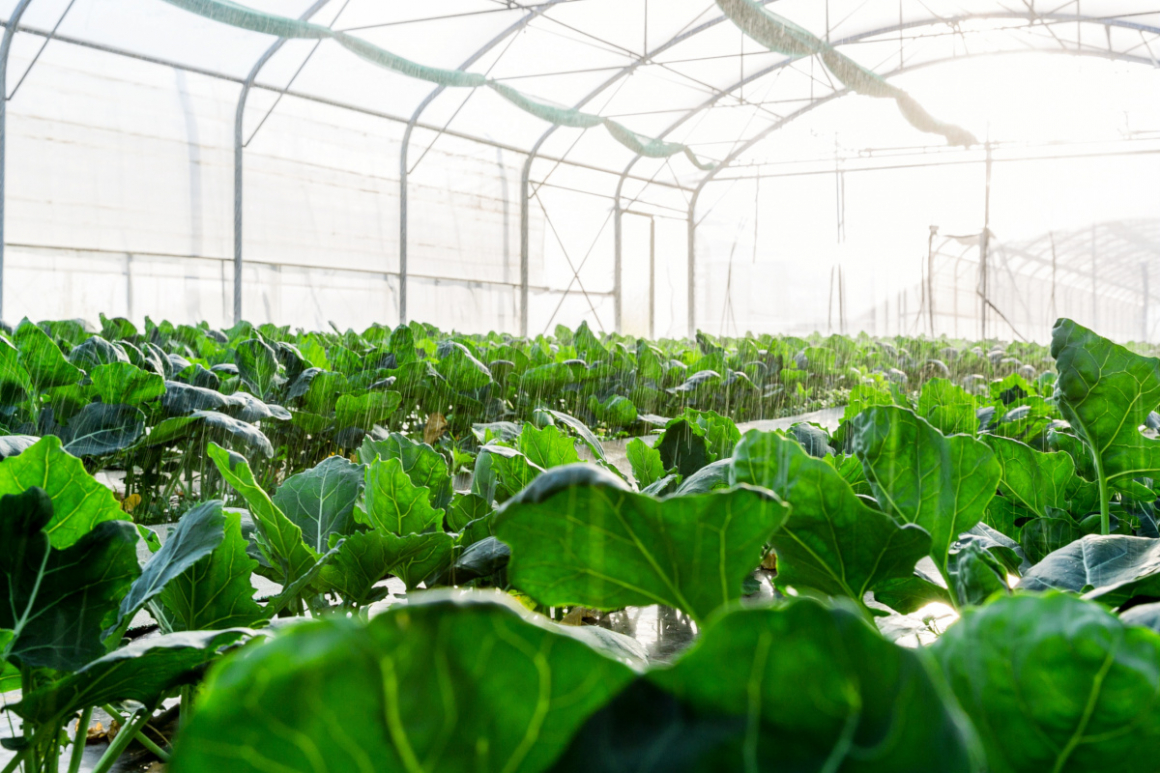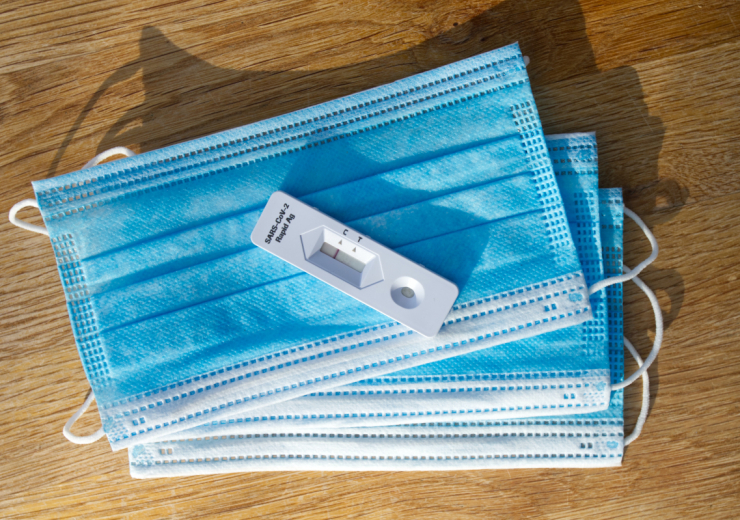In 2018, the Japanese company Sakata Seed Corporation, which specialises in breeding and producing high quality vegetable seeds, opened a production site in Atlantic France, in Ponts-de-Cé near Angers. The firm plans to invest an additional €3 million there before 2024.
Created in 1913 in Yokohama in Japan, Sakata Seed Corporation breeds and produces high quality vegetable seeds to provide to farmers around the world. It offers 900 varieties of tomato, broccoli, watermelon, melon, cucumber, cabbage, cauliflower and many other types of fruit and vegetables.
This world-leading vegetable seed supplier employs more than 2,400 people from 22 countries.The European branch Sakata Vegetables Europe has an annual turnover of €65 million and exports 98% of its production.
€5 million already invested and 17 jobs created since 2018
The Japanese seed seller has already invested more than €4,5 million in Atlantic France in 2018 to renovate and equip the 7,500 square meter warehouse with new machines. The firm has also set up R&D labs on the 8.5 hectare production site.
Since 2018, 17 jobs have been created there. Sakata plans to continue developing its European branch by investing an additional €3 million before 2024.
Beetroot, cabbage, spinach: a wide range of seeds produced in Atlantic France
This site markets a large variety of seeds such as beetroot, spinach, cabbage or chard stalk. Some of them are directly bred and grown in its indoor greenhouses, which cover 4,000 square meters, in Ponts-de-Cé such as cabbage seeds (red and white but also broccoli) while others (beetroot, spinach, chard stalk, etc.) are produced by subcontractors and only marketed by Sakata Corporation in Atlantic France.
But Sakata wants to insource quality control tasks which are currently outsourced. Consequently, the company plans to open a quality control lab in Ponts-de-Cé in order to ensure its seeds do not contain pathogens and check possible accidental hybridisation. The firm also wants to be in charge of seed disinfection. Objective: reduce costs and deadlines, and control the whole supply chain.


 日本語
日本語  Français
Français 



